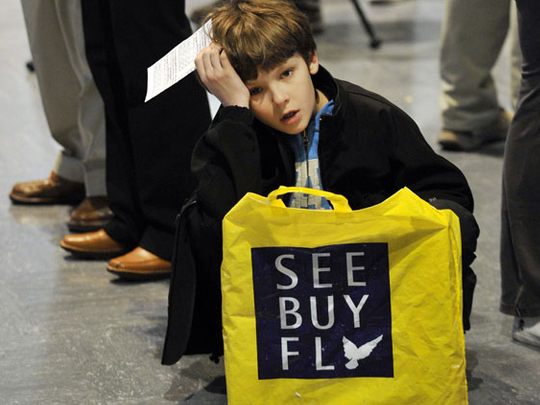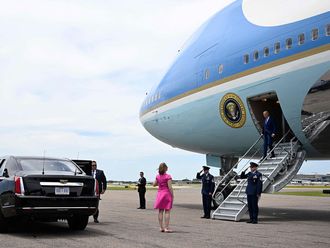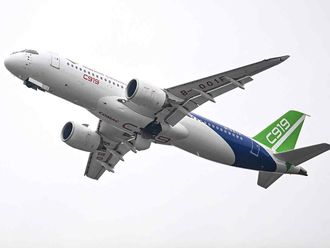
Berlin/Dubai: The International Air Transport Association (IATA) estimated that the Icelandic volcano crisis cost airlines more than $1.7 billion in lost revenue through Tuesday - six days after the initial eruption.
For a three-day period (17-19 April), when disruptions were greatest, lost revenues reached $400 million per day.
Emirates said it suffered losses of about $50 million as of now. Etihad did not specify an amount.
“Lost revenues now total more than $1.7 billion for airlines alone. At the worst, the crisis impacted 29 per cent of global aviation and affected 1.2 million passengers a day. The scale of the crisis eclipsed 9/11 when US airspace was closed for three days,” said Giovanni Bisignani, IATA’s Director General and CEO.
IATA noted there are some cost savings related to the flight groundings. For example, the fuel bill is $110 million a day less compared to normal. But airlines face added costs including from passenger care.
“For an industry that lost $9.4 billion last year and was forecast to lose a further $2.8 billion in 2010, this crisis is devastating. It is hitting hardest where the carriers are in the most difficult financial situation. Europe’s carriers were already expected to lose $2.2 billion this year—the largest in the industry,” said Bisignani.
Bisignani also urged governments to examine ways for governments to compensate airlines for lost revenues. Following 9/11, the US government provided $5 billion to compensate airlines for the costs of grounding the fleet for three days. The European Commission also allowed European states to provide similar assistance.
“I am the first one to say that this industry does not want or need bailouts. But this crisis is not the result of running our business badly. It is an extra-ordinary situation exaggerated with a poor decision-making process by national governments. The airlines could not do business normally. Governments should help carriers recover the cost of this disruption,” said Bisignani.











